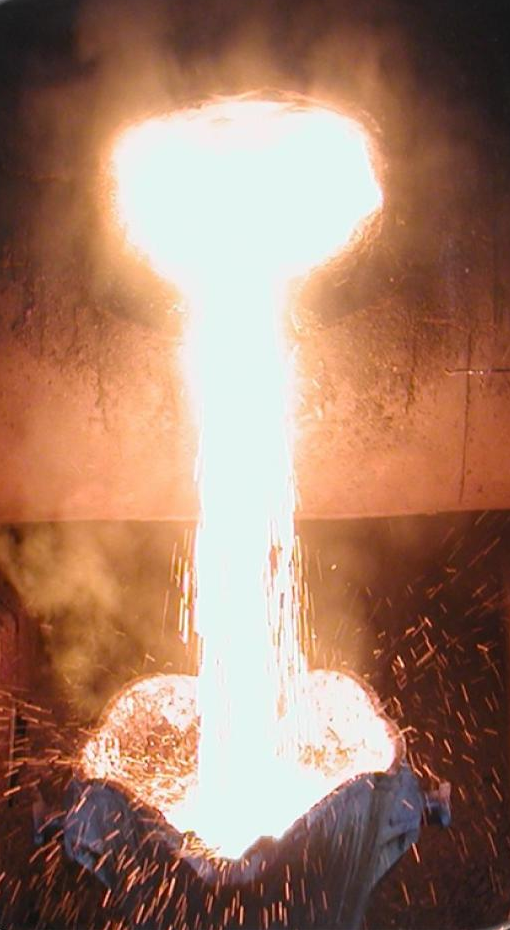A most misunderstood doctrine: Purgatory
 Today I’d like to look at one of the most misunderstood doctrines of the Catholic Faith: Purgatory.
Today I’d like to look at one of the most misunderstood doctrines of the Catholic Faith: Purgatory.
I’m not going to try and give a thorough theological treatment of this doctrine; others infinitely more qualified than I have done that. Rather, I would just like to offer a few thoughts that have helped me in my own acceptance and understanding of this teaching.
The doctrine of Purgatory is something that a lot of non-Catholics struggle with, yet in an odd twist, it was actually one of the first Catholic doctrines I came to hold during my return journey to the Catholic Church. I came to believe in it because it’s a doctrine that is beautiful, Scriptural and profoundly logical.
Odd Ideas
Unfortunately, it’s also one of those doctrines which is often poorly understood. For example, I’ve come across Catholics and ex-Catholics who were under the impression that Purgatory is basically Hell, or that Hell is still a possibility for those in Purgatory. The Catholic Catechism denies both of these ideas, saying:
“[Purgatory is a] purification, so as to achieve the holiness necessary to enter the joy of heaven… [It is experienced by those]…who die in God’s grace and friendship, but [who are] still imperfectly purified… This final purification of the elect…is entirely different from the punishment of the damned”
– CCC 1030-1031
The common objection you hear from non-Catholics is “But ‘purgatory’ isn’t even mentioned the Bible!” And they’re right. The word “purgatory” does not exist in the Bible, but then again, neither does “Trinity” nor “Hypostatic Union”, yet all mainstream Christians believe in both of these doctrines. A simple word-search is not enough to understand this teaching…




